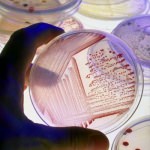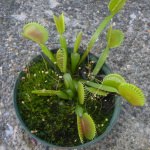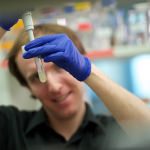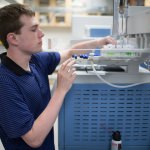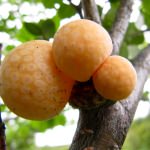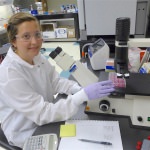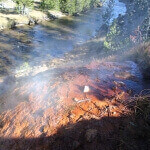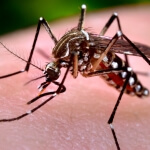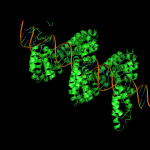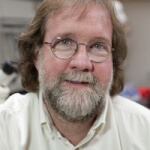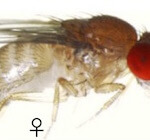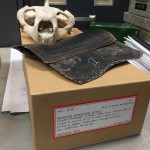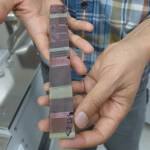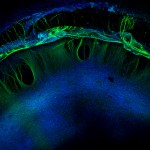Tag Biology
UW helps schools update approach to science education
Each year, Biocore sends as many as 50 other science outreach ambassadors to Wisconsin schools to teach the students about science, often using Wisconsin Fast Plants.
UW-Madison launches Microbiome Initiative
Recent studies have shown that the complement of microorganisms known as the microbiome is an important determinant of human health and disease.
Yeast knockouts peel back secrets of cell protein function
The study provided a level of detail not available even five years ago. Improved technology cut the time to analyze all the proteins in a yeast sample from four hours to one hour.
Lessons of lager: Yeast origin becomes a complex tale
The findings are important as yeasts are critical to many industries — brewing, fermenting other foods, making drugs like human insulin, and producing new biofuels.
UW biotech spinoff Mirus Bio celebrates two decades in business
The company makes cutting-edge products based on discoveries by three UW scientists for delivering DNA and RNA into cells.
UW technology key to growth as firm stays in Madison long after sale
The explosion in next-generation sequencing has opened windows throughout medicine and biology.
Lewis Thomas Prize to be awarded to Wisconsin’s Sean Carroll
Carroll was instrumental in building the field of evolutionary developmental biology, known colloquially as evo devo.
Mycologist says our close relatives break the bounds of biology
The mushroom nicknamed "death cap" made headlines this summer when it poisoned Syrian refugees fleeing through Eastern Europe.
Galapagos tortoise species ID’d from specimen in UW museum
A new species of giant Galapagos tortoise, revealed this week in a study conducted by scientists at Yale University, also happened to be lurking in the collections of the University of Wisconsin–Madison's Zoological Museum, it turns out.
Ancient rocks record first evidence for photosynthesis that made oxygen
A new study shows that iron-bearing rocks that formed at the ocean floor 3.2 billion years ago carry unmistakable evidence of oxygen. The only logical source for that oxygen is the earliest known example of photosynthesis by living organisms, say University of Wisconsin–Madison geoscientists.
Stem cell-derived ‘organoids’ help predict neural toxicity
A new system developed by scientists at the Morgridge Institute for Research and the University of Wisconsin–Madison may provide a faster, cheaper and more biologically relevant way to screen drugs and chemicals that could harm the developing brain.


